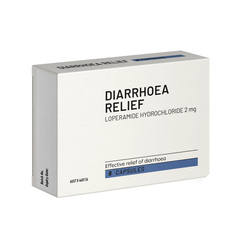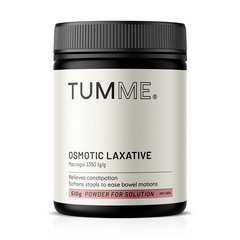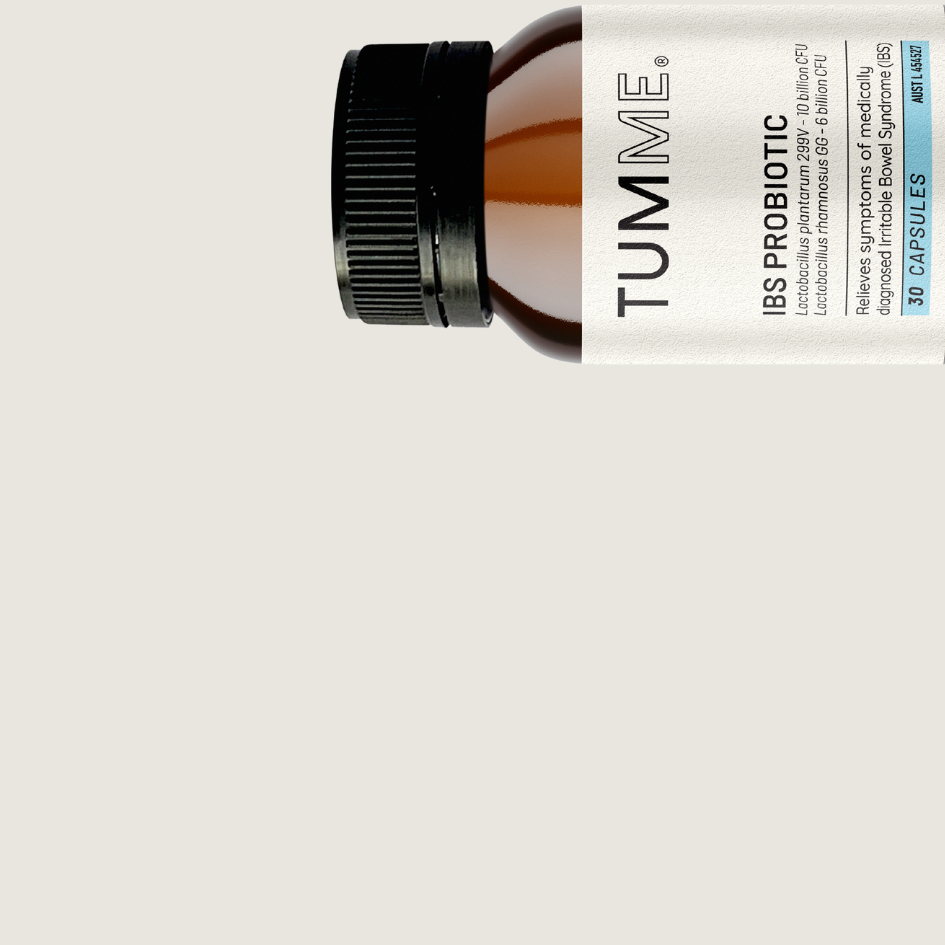Living with Irritable Bowel Syndrome (IBS) can present unique challenges, especially when it comes to managing symptoms triggered by certain foods. For individuals with IBS, incorporating low FODMAP vegetables into their diet can be a game-changer. In this blog, we'll explore the importance of low FODMAP veggies for managing IBS symptoms and share practical tips for increasing their intake in your daily meals.
Understanding Low FODMAP Veggies and IBS: FODMAPs are fermentable carbohydrates found in many foods, including certain vegetables, that can exacerbate symptoms such as bloating, gas, abdominal pain, and diarrhea in individuals with IBS. Low FODMAP vegetables, on the other hand, contain fewer of these fermentable carbohydrates, making them easier on the digestive system and less likely to trigger symptoms.
Why Incorporate More Low FODMAP Veggies?
- Minimize Symptom Flare-Ups: By focusing on low FODMAP vegetables, individuals with IBS can reduce the risk of symptom flare-ups and enjoy greater digestive comfort.
- Support Digestive Health: Low FODMAP veggies are packed with essential nutrients, vitamins, minerals, and fib, which are crucial for maintaining a healthy gut and regular bowel movements.
- Enhance Dietary Variety: Incorporating a wide range of low FODMAP vegetables into your meals adds flavor, texture, and nutritional diversity to your diet, without compromising on taste.
- Improve Overall Well-Being: By optimizing their diet with low FODMAP veggies, individuals with IBS can experience fewer digestive symptoms and enjoy a higher quality of life.
Practical Tips for Adding More Low FODMAP Veggies to Your Diet:
- Get Creative with Meal Prep: Experiment with low FODMAP veggies like bell peppers, carrots, zucchini, spinach, and green beans in your favorite dishes. Add them to stir-fries, soups, salads, and casseroles for a boost of flavor and nutrition.
- Snack Smart: Keep a variety of low FODMAP veggies on hand for quick and easy snacking. Pair veggie sticks with low FODMAP dips or spreads like lactose-free yogurt-based dips or homemade tahini-based spreads for a satisfying and gut-friendly snack.
- Blend Up a Smoothie: Start your day on a nutritious note by blending low FODMAP veggies like spinach, kale, cucumber, or carrots into your morning smoothie. Combine them with low FODMAP fruits, a lactose-free or plant-based milk, and a scoop of protein powder for a balanced and digestion-friendly beverage.
- Plan Ahead and Experiment: Take the time to plan your meals and snacks, incorporating a variety of low FODMAP veggies throughout the day. Don't be afraid to try new recipes and flavour combinations to keep your meals interesting and enjoyable.
Incorporating more low FODMAP veggies into your diet is a simple yet effective way to manage IBS symptoms and support digestive health. By following these practical tips and getting creative with your meal planning, you can enjoy delicious and nutritious meals that nourish your body and keep your digestive system happy. Remember to listen to your body, experiment with different foods, and find what works best for you on your journey to better digestive wellness.






